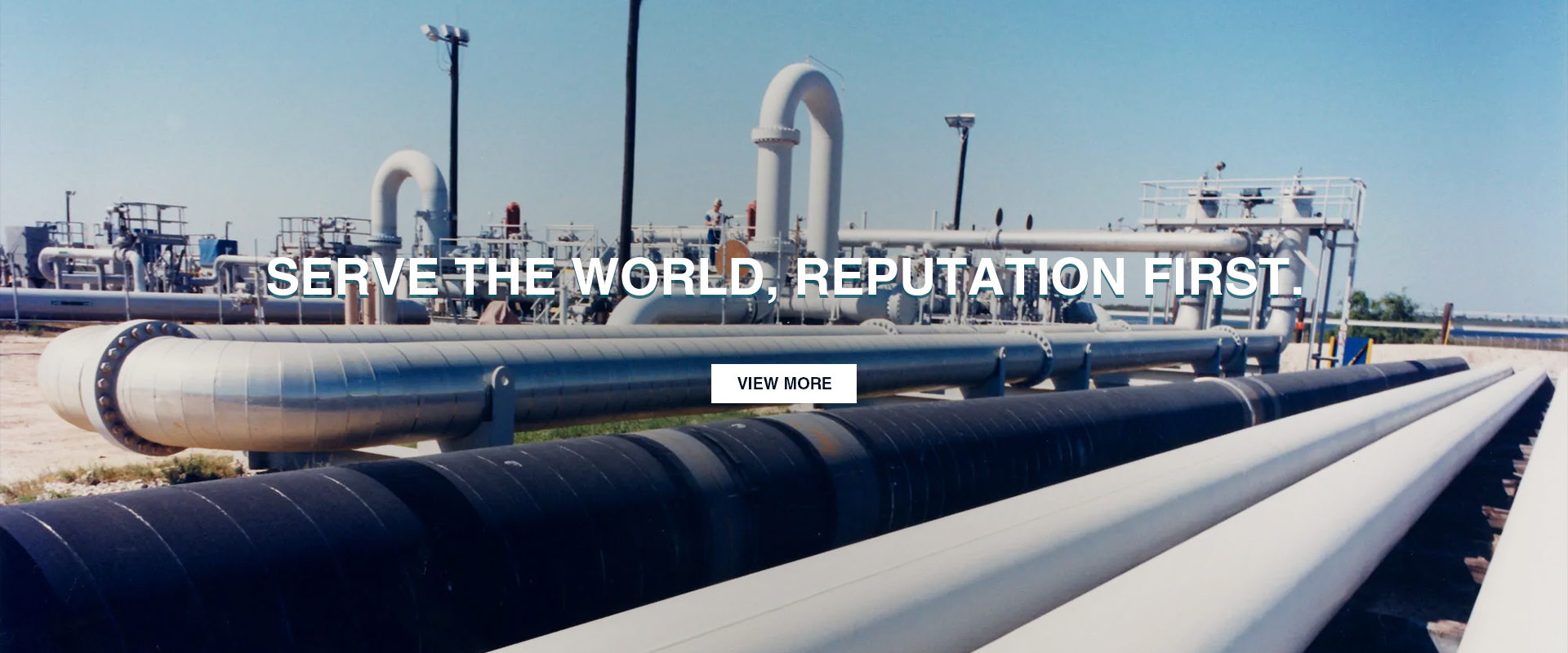-
Cangzhou Yulong Steel Co., Ltd.
-
Phone:
+86 13303177267 -
Email:
admin@ylsteelfittings.com
- English
- Arabic
- Italian
- Spanish
- Portuguese
- German
- kazakh
- Persian
- Greek
- French
- Russian
- Polish
- Thai
- Indonesian
- Vietnamese
- Zulu
- Korean
- Uzbek
- Hindi
- Serbian
- Malay
- Ukrainian
- Gujarati
- Haitian Creole
- hausa
- hawaiian
- Hebrew
- Miao
- Hungarian
- Icelandic
- igbo
- irish
- Japanese
- Javanese
- Kannada
- Khmer
- Rwandese
- Afrikaans
- Albanian
- Amharic
- Armenian
- Azerbaijani
- Basque
- Belarusian
- Bengali
- Bosnian
- Bulgarian
- Catalan
- Cebuano
- China
- China (Taiwan)
- Corsican
- Croatian
- Czech
- Danish
- Esperanto
- Estonian
- Finnish
- Frisian
- Galician
- Georgian
- Kurdish
- Kyrgyz
- Lao
- Latin
- Latvian
- Lithuanian
- Luxembourgish
- Macedonian
- Malgashi
- Malayalam
- Maltese
- Maori
- Marathi
- Mongolian
- Myanmar
- Nepali
- Norwegian
- Norwegian
- Occitan
- Pashto
- Dutch
- Punjabi
- Romanian
- Samoan
- Scottish Gaelic
- Sesotho
- Shona
- Sindhi
- Sinhala
- Slovak
- Slovenian
- Somali
- Sundanese
- Swahili
- Swedish
- Tagalog
- Tajik
- Tamil
- Tatar
- Telugu
- Turkish
- Turkmen
- Urdu
- Uighur
- Welsh
- Bantu
- Yiddish
- Yoruba

Sep . 24, 2024 07:00 Back to list
EN1092 Type 11 Standard Specifications for Flange Designs and Applications
Understanding EN 1092-1 Type 11 A Comprehensive Overview
EN 1092-1 is a European standard that specifies the requirements for flanges and their fittings in piping systems. Specifically, Type 11 flanges are integral in various industrial applications, serving as important components in maintaining the integrity and connection of piping systems. This article aims to provide a detailed understanding of EN 1092-1 Type 11 flanges, their characteristics, applications, and benefits.
What is EN 1092-1?
The EN 1092-1 standard provides guidelines for the design, manufacturing, and testing of flanges used in pressure applications within various industries, including oil and gas, water treatment, and chemical processing. This standard is essential for ensuring compatibility and safety across different systems and components in Europe and worldwide.
Characteristics of Type 11 Flanges
Type 11 flanges, according to the EN 1092-1 standard, are characterized by their flat surface and lack of a raised face. They are designed to be used with gaskets for sealing and are typically manufactured from a variety of materials, including carbon steel, stainless steel, and alloyed materials. The absence of a raised face allows for a more uniform distribution of pressure across the flange face, which is beneficial in high-pressure applications.
These flanges come in various dimensions, with specific pressure ratings that dictate the conditions under which they can safely operate. The standardization of these dimensions and ratings is crucial for ensuring interoperability between different manufacturers and products.
Applications of Type 11 Flanges
EN 1092-1 Type 11 flanges are widely employed in numerous sectors. They are particularly prevalent in industries where high pressure and temperature resistance are required. Common applications include
1. Oil and Gas Industry Flanges are essential for connecting pipes in drilling and transportation systems to ensure safe and efficient operation under high-pressure conditions.
en1092 1 type 11

2. Chemical Processing The chemical industry frequently uses Type 11 flanges to manage the flow of corrosive chemicals and ensure proper sealing to prevent leaks.
3. Water Treatment Plants These flanges are also used in water treatment facilities, where they help in the management and transportation of water through various processing stages.
4. Power Generation In power plants, flanges are crucial for connecting piping systems that transport steam and other fluids at high temperatures and pressures.
Benefits of Using EN 1092-1 Type 11 Flanges
The adoption of EN 1092-1 Type 11 flanges comes with several benefits
- Standardization Ensures compatibility with various pipe systems and components, facilitating easier installation and maintenance.
- Safety and Reliability Designed to withstand high pressure and temperature, these flanges enhance the overall safety of piping systems.
- Versatility Suitable for a wide range of applications across different industries, making them a go-to choice for many engineers and project managers.
- Cost-Effectiveness The durability and reliability of Type 11 flanges can lead to reduced maintenance costs and longer service life for piping systems.
In conclusion, EN 1092-1 Type 11 flanges play a pivotal role in the efficiency and safety of piping systems across various industries. Their standardized design and robust characteristics make them an indispensable component in modern engineering and industrial processes. Understanding their specifications and applications enables engineers to make informed decisions ensuring reliable and effective piping solutions.
Latest news
-
ANSI 150P SS304 SO FLANGE
NewsFeb.14,2025
-
ASTM A333GR6 STEEL PIPE
NewsJan.20,2025
-
ANSI B16.5 WELDING NECK FLANGE
NewsJan.15,2026
-
ANSI B16.5 SLIP-ON FLANGE
NewsApr.19,2024
-
SABS 1123 FLANGE
NewsJan.15,2025
-
DIN86044 PLATE FLANGE
NewsApr.19,2024
-
DIN2527 BLIND FLANGE
NewsApr.12,2024
-
JIS B2311 Butt-Welding Fittings LR/SR 45°/90° /180°Seamless/Weld
NewsApr.23,2024











